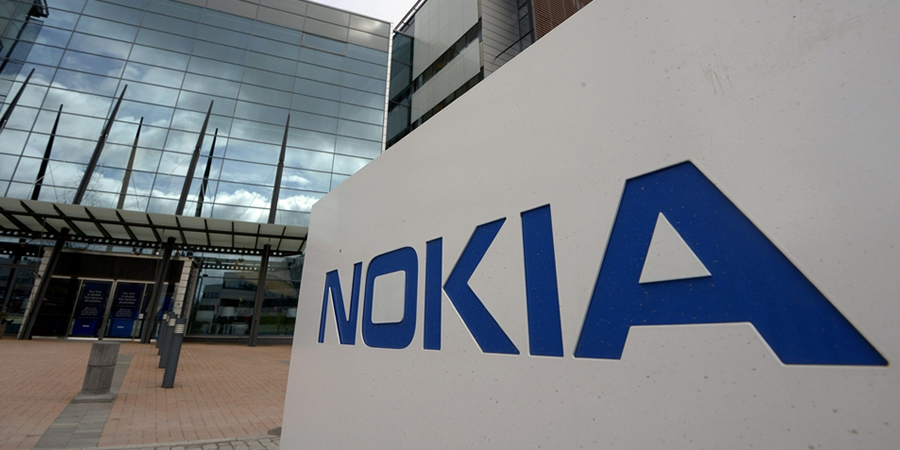After Nokia’s Q1 2019 results were made public, CEO Rajeev Suri conceded that “Q1 was a weak quarter for Nokia”. However, he continued, “We expected that it would be, and the outcome has not changed our perspective on the full year. We are confident that those issues that drove weakness in our results will ease over the remainder of the year. While overall risks have increased slightly, we continue to see positive developments and are maintaining our guidance for the full year.”
According to Suri, 5G revenues are expected to grow sharply, particularly in the second half of the year, driven by Nokia’s 36 commercial wins to date. He added that global services profitability should improve as the company recovers in a handful of large rollout projects - “IP routing is now firmly back to growth given our product leadership, and optical networks continues its long run of growth. We are also seeing good underlying momentum in our strategic focus areas of software and enterprise, and we are moving steadily forward on our path to build a strong licensing business that is sustainable for the long-term.”
Non-IFRS net sales in Q1 2019 were EUR 5.1bn, compared to EUR 4.9bn in Q1 2018. Reported net sales in Q1 2019 were EUR 5.0bn, compared to EUR 4.9bn in Q1 2018. On a constant currency basis, non-IFRS net sales decreased 1% and reported net sales decreased 2%. Nokia’s solid topline reflects the competitiveness of its offerings, as well as an improving industry environment.
“We continue to see positive momentum building for our end-to-end strategy, with strong customer engagement in all key markets and across our portfolio. Due to the evolving readiness of the 5G ecosystem, in Q1 2019, we were unable to recognize approximately EUR 200 million of net sales related to 5G deliveries mainly in North America, which we expect to recognize in full before the end of 2019”, CEO explained.
Non-IFRS diluted EPS in Q1 2019 was negative EUR 0.02, compared to EUR 0.02 in Q1 2018, primarily driven by lower gross profit, partially offset by income tax benefits compared to income tax expenses in the year-ago quarter.
Reported diluted EPS in Q1 2019 was negative EUR 0.08, compared to negative EUR 0.06 in Q1 2018, primarily driven by lower gross profit, partially offset by a net positive fluctuation in financial income and expenses, higher income tax benefits and lower operating expenses.
In Q1 2019, net cash and current financial investments decreased sequentially by approximately EUR 1.1bn, primarily due to weak seasonality and changes in net working capital.
Full year 2019 guidance maintained. Nokia's cash performance in the second quarter of 2019 is expected to include the payment of 2018 performance-related incentives to employees and a quarterly dividend. Nokia expects substantially stronger financial performance in the second half of 2019 as large scale 5G deployments accelerate meaningfully.
Nokia announced organizational changes to accelerate its strategy execution during the fourth quarter of 2018. In line with financial regulations, Nokia revised its financial reporting structure to better reflect its strategy, organizational structure and the way it evaluates operational performance and allocates resources. As of the first quarter of 2019, Nokia has three reportable segments: Networks, Nokia Software and Nokia Technologies. In addition, Nokia discloses segment-level data for Group Common and Other.
For each reportable segment, Nokia provides detailed financial disclosure, including net sales and operating profit. Additionally, Nokia provides adjusted financial disclosure for its Networks and Nokia Software reportable segments, with amounts related to licensing and Nokia Bell Labs allocated 85% to Networks and 15% to Nokia Software.
“We will outperform our primary addressable market in full year 2019 and over the longer-term, driven by our strategy, which includes competing in 5G more effectively due to our strong end-to-end portfolio, focusing on targeted growth opportunities in attractive adjacent markets and building a strong network agnostic software business. On a constant currency basis, we expect our primary addressable market to be flattish in full year 2019 and to grow in full year 2020”, Rajeev Suri concluded.









